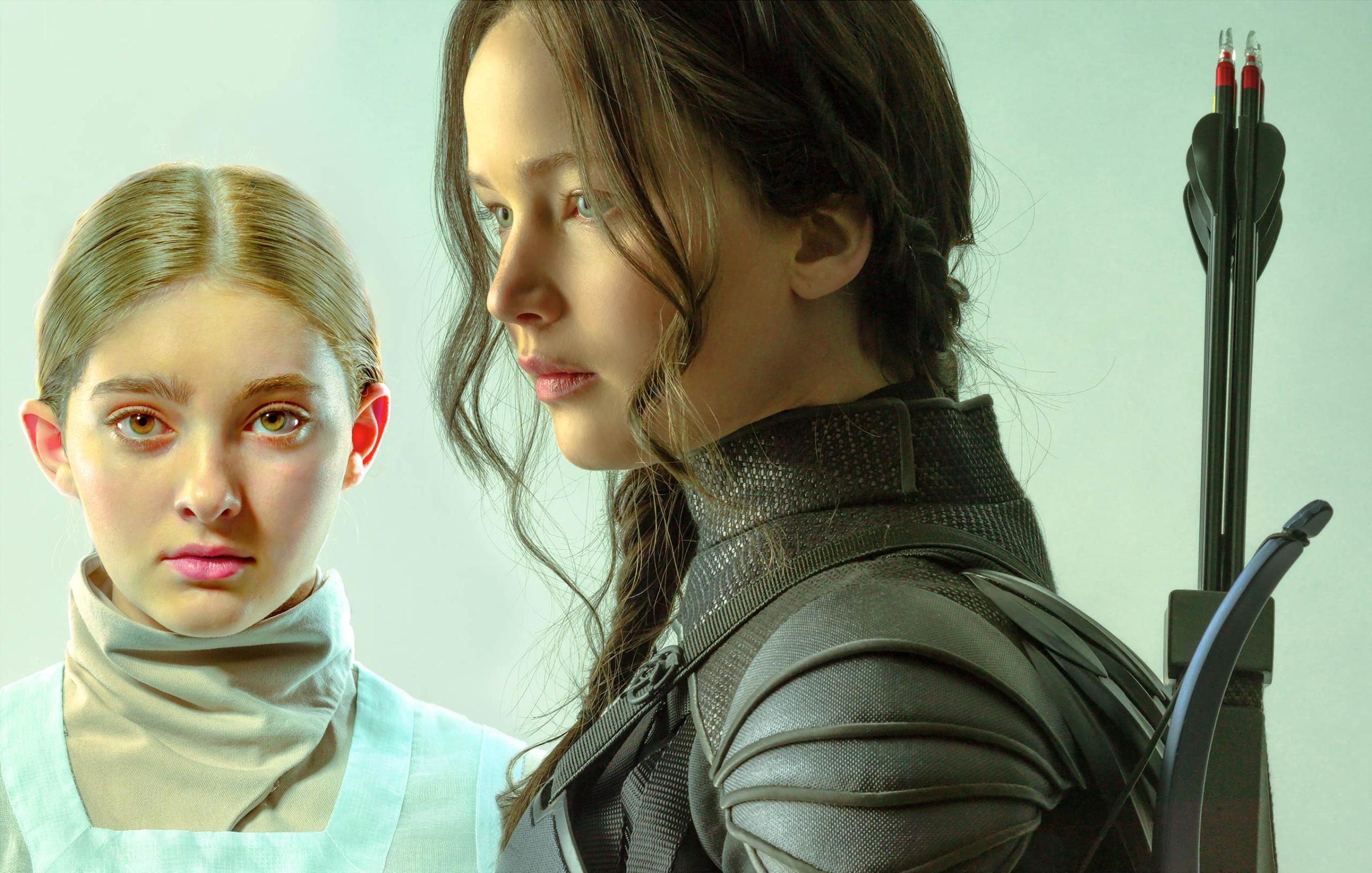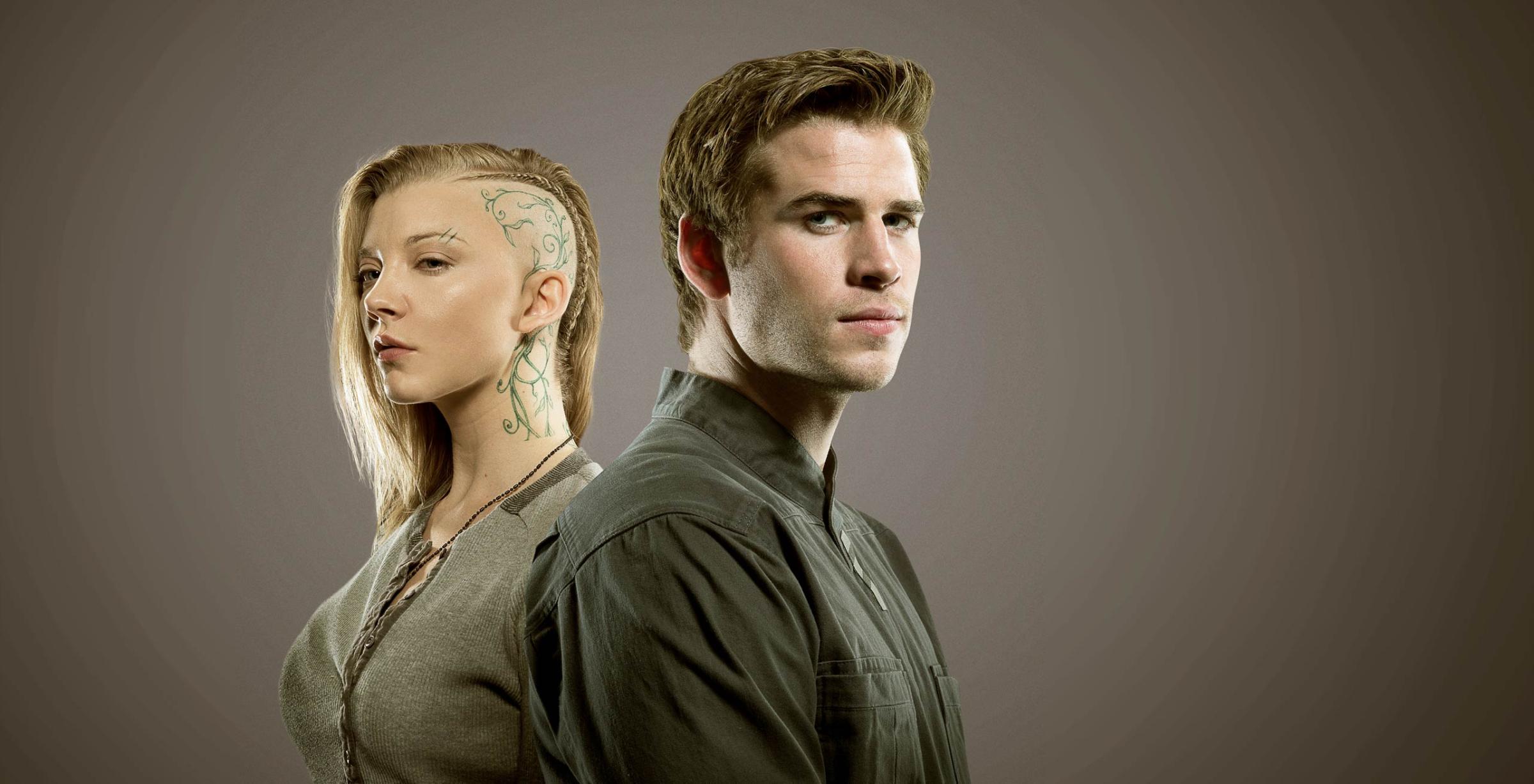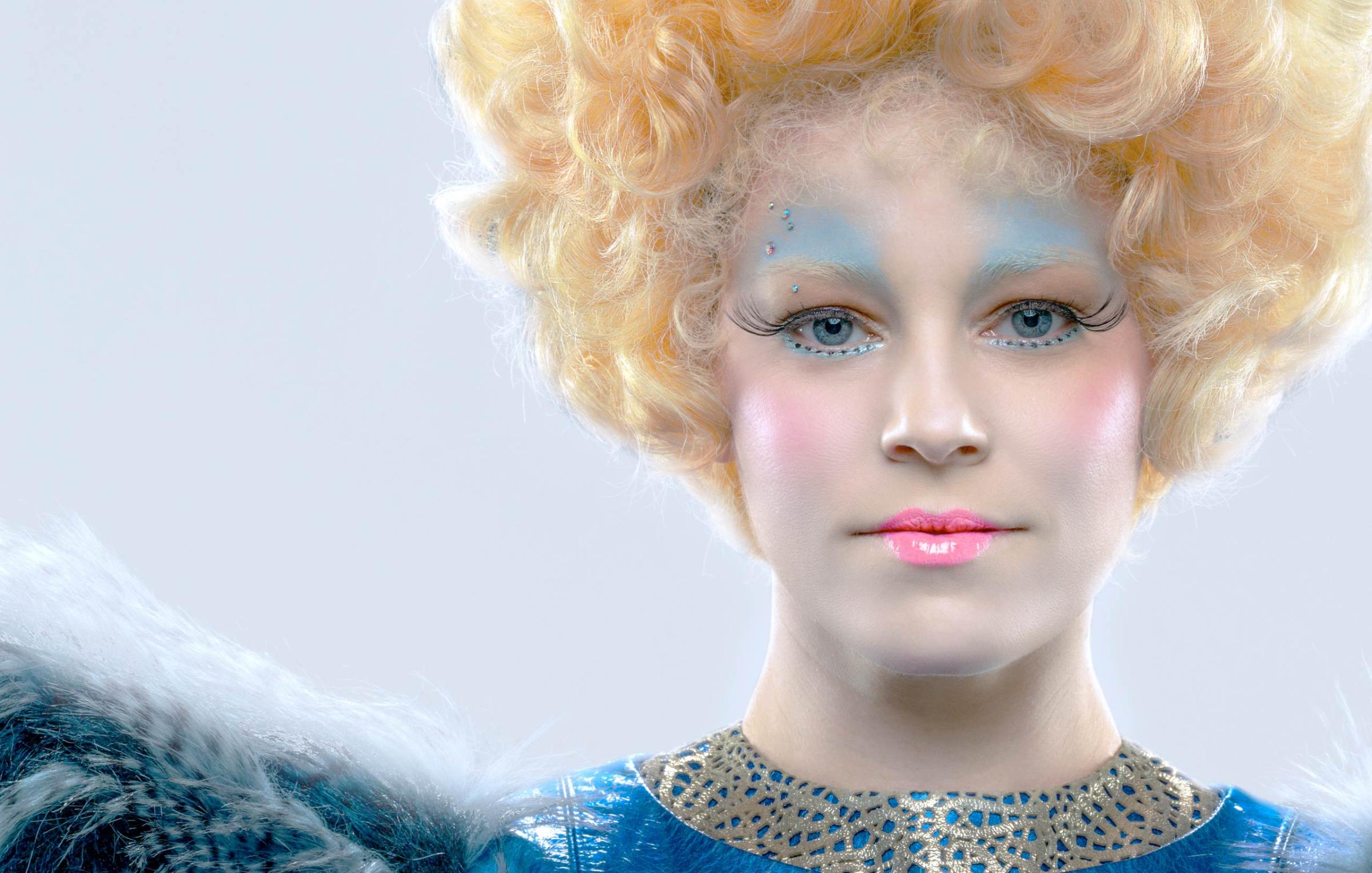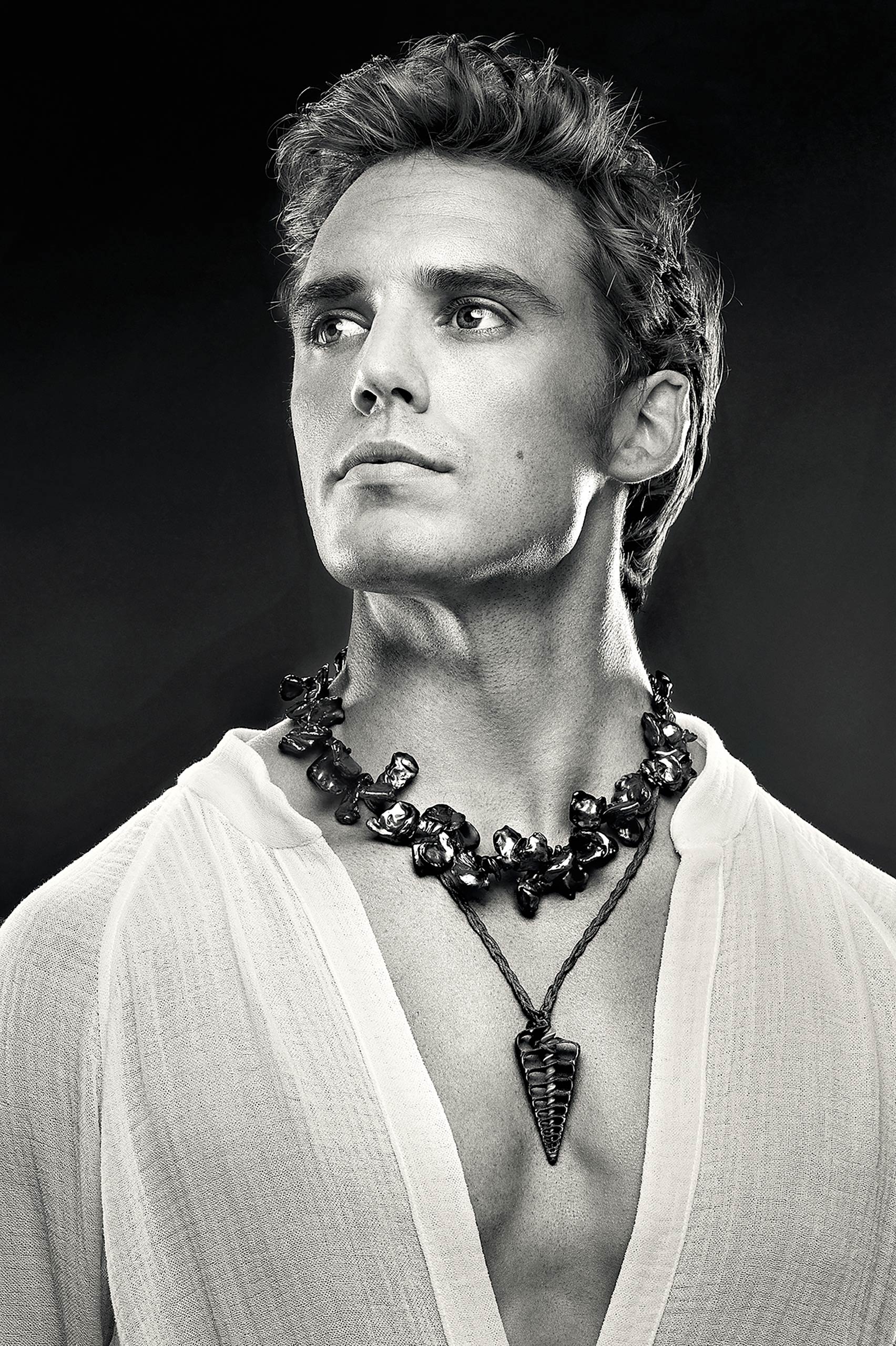With great fandom comes great responsibility. Francis Lawrence, the director who helmed three of the four Hunger Games movies—all but the original installment—knew this from the moment he took his first meeting about the project. “They’re so passionate about the stories and about the world and the characters,” he says of the stories’ devoted fan base. “But I never felt immense pressure, any more than I put on myself.”
As the final chapter of the series, The Hunger Games: Mockingjay — Part 2, hits theaters Nov. 20, Lawrence is reflecting on more than just the dedication of Katniss Everdeen adherents. His three movies, along with the first Hunger Games film, directed by Gary Ross, have helped propel Jennifer Lawrence to superstardom, accumulated one of the biggest box office takes of any movie franchise and inspired a resurgence in the popularity of archery. In addition those accomplishments, the director notes, the movies’ imagery and spirit of resistance have also galvanized real people fighting for very real causes, from Ferguson, MO. to Bangkok, Thailand.
“The kids started using the three-finger salute and suddenly that salute becomes illegal and suddenly people are getting arrested, and real life starts mirroring the movie,” Lawrence recalls of the 2014 anti-government protests in Thailand, during which protesters adopted a revolutionary hand gesture used in the films. “We saw it in Ferguson, too, with ‘If we burn, you burn with us’ spray-painted across walls.”
For Lawrence, the flip side of taking pride in his movies’ ability to inspire is the concern that some viewers misconstrue the message. “I don’t want to promote violence, and part of the themes of these movies is that you have to be careful going into conflict… even if revolution is needed, you have to be very careful because there will be loss and there will be consequence,” he says.
That careful balance is particularly fraught when it comes to young adults, the target audience for Suzanne Collins’ trilogy, upon which the four films are based, and, by extension, Lawrence’s movies. Even before the films were released, some critics and parents decried the stories’ violence, suggesting that young people are ill-equipped to properly digest it. But Lawrence has never shared that fear. “Part of the reason that the series is a success… is that the author decided to write stories about the consequence of war and the consequence of violence for teenagers but treated them with respect and didn’t flinch,” he explains. “Often adults don’t give kids enough credit.”
As Mockingjay — Part 2 brings the quadrilogy to a close and fans and critics pen elegies and eulogies for a cultural phenomenon, Lawrence finds himself still too close to consider the notion of legacy. He says that perhaps the fans who have come of age alongside Katniss, Peeta and Gale will one day deem their own children ready to engage with the story. “Ideally these become movies that people sort of want to pass down and show again,” he says, “that hold sort of a special place in their hearts.”
See Jennifer Lawrence in Exclusive Hunger Games Portraits








More Must-Reads from TIME
- Why Trump’s Message Worked on Latino Men
- What Trump’s Win Could Mean for Housing
- The 100 Must-Read Books of 2024
- Sleep Doctors Share the 1 Tip That’s Changed Their Lives
- Column: Let’s Bring Back Romance
- What It’s Like to Have Long COVID As a Kid
- FX’s Say Nothing Is the Must-Watch Political Thriller of 2024
- Merle Bombardieri Is Helping People Make the Baby Decision
Write to Eliza Berman at eliza.berman@time.com